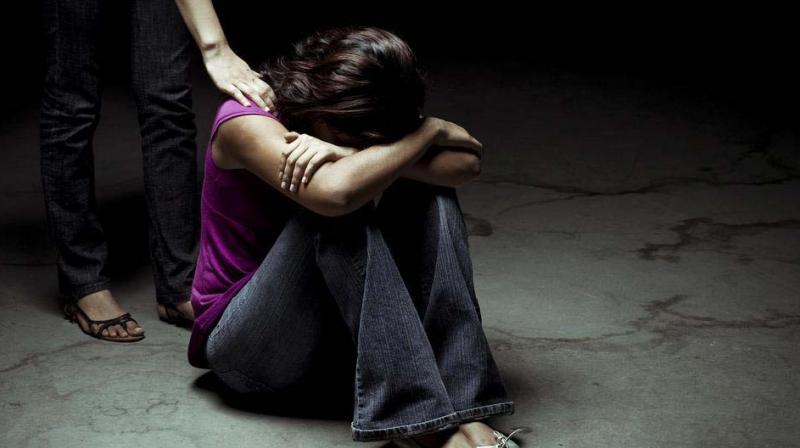Youth-enasia of sad souls

Cases of students barely out of high school ending their lives in the city are rising, in a worrying trend. While the reasons vary, what stands out is their inability to handle life’s pressures. For millennials, growing up meant getting used to the digital revolution. But for the post-millenials, this change is the only reality they know, infact their are socially more active online than in real life. Sweekruthi Christina, an English Honours graduate says, “You can’t make a generalisation on why suicide rates may be higher, although they are increasing among our age group. Our digital culture blurs the line between real and virtual. There is no a line anymore. What is distinctive about this post-millennial generation is that there is a false sense of community or security. While social media communication encourages us to talk to more people online, it cannot compensate for real time relationships. This generation specifically is very misunderstood because of this factor. They are thought to have lesser troubles or mental issues as they seem to be happy on their phones or tagging friends in memes. But that doesn’t necessarily mean that they don’t need anyone.”
Having a strong support system and being able to rely on it at the right time is what matters. The level of competition that this generation has is astounding as everyone is trying to get to the top. Perhaps, small failures create a larger setback than they should? Namita Sonthalia, a city-based author and mother of two young girls says, “It is all about the level of competition and academic peer pressure that’s present right now, and children are too innocent to know what is good for them and what is not. Being an all-rounder is a concept that gets pushed onto them when most are not ready. It is up to the parent to understand what their child is capable of, and things should be taken one step at a time.”
A huge re-evaluation of who they are, and where they come from should give a better insight into why children who seem to fair well may have deeper issues. Dr BH Padmavathi, a city-based psychologist says, “The way children are brought up matters a lot. They get complete attention from parents and anything that they ask for. When they don’t get what they want from the real world, they are not able to accept the failure, and take it to be a part and parcel of life. There is also a perceived attitude that taking their life is the only way out of the problem, especially in terms of young relationships.”
It all boils down to the massive changes that the digital revolution has brought in and the widening gap it seems to have created with everyone living in their own little bubble. Dr Rajeev Kumarakandath says, “We fail to understand the value of very intimate relationships with parents and friends. This may be happening with the overt influence of digital media. Even games, like the Blue Whale impact them because they fail to comprehend reality. Around the age groups of 10 to 14 years, they are brought up with technology. The person’s serious disorientation from relationships, the increasing misconception of reality and the ideology of achievement are important factors that contribute to youngsters opting for drastic measures like suicide.”

